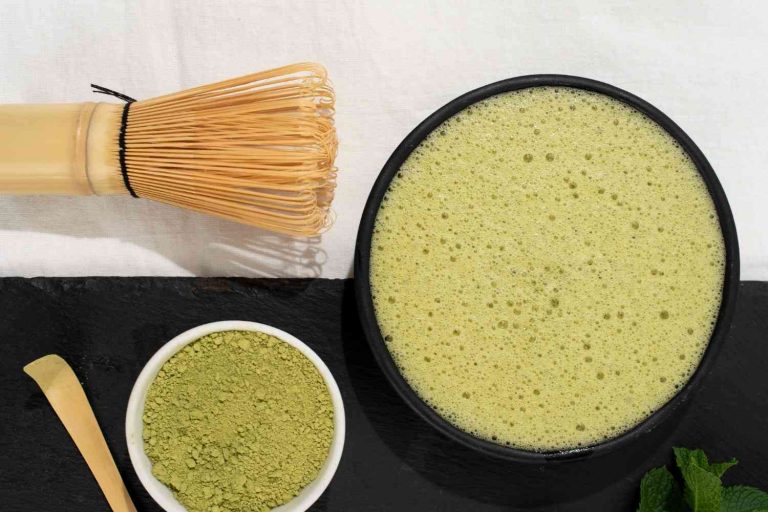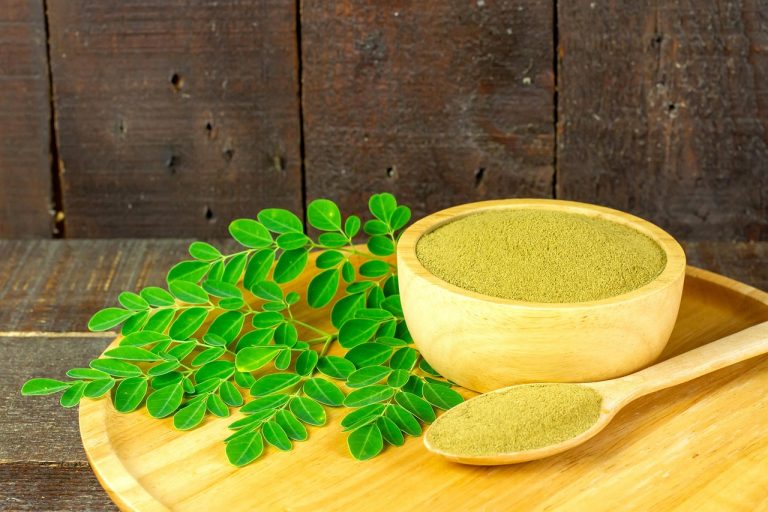Moringa nutrition facts are nothing short of astonishing. This powerhouse plant, often called the “drumstick tree,” is packed with nutrients that can transform your health. You deserve to feel your best, and understanding the benefits of moringa is a fantastic first step.
Moringa is more than just a trendy superfood; it’s a holistic addition to your diet that can elevate your wellness. Whether you’re looking to boost your energy, enhance your immune system, or improve your overall well-being, moringa might be the magical ingredient you’ve been searching for.
Contents
What is Moringa?
Moringa, scientifically known as Moringa oleifera, is a tree native to parts of Africa and Asia. Its leaves, seeds, and pods are valued for their incredible nutritional profile. Rich in vitamins, minerals, and antioxidants, moringa is often touted for its potential health benefits.
Incorporating moringa into your diet is not just about following a trend; it’s about making a choice to nourish your body with nature’s bounty. Let’s dive into the amazing nutrition facts that make moringa a must-have in your pantry!
1. Nutrient-Dense Wonder
Moringa leaves are a nutrient powerhouse. Just a single serving (about 1 cup) of fresh moringa leaves contains:
- Vitamin A: Important for eye health and immune function.
- Vitamin C: A potent antioxidant that supports your skin and immune system.
- Calcium: Essential for strong bones and teeth.
- Iron: Vital for oxygen transport in your body.
Moringa packs more vitamins and minerals than many conventional vegetables. If you’re looking to boost your nutrient intake, moringa can help you achieve that, easily fitting into smoothies, soups, or salads.
2. Antioxidant Properties
One of the most impressive moringa nutrition facts is its high antioxidant content. Antioxidants are crucial for combating oxidative stress in your body, which can lead to chronic diseases.
Moringa contains:
- Quercetin: Helps to lower blood pressure.
- Chlorogenic acid: May regulate blood sugar levels.
- Beta-carotene: Supports eye health and boosts immunity.
Adding moringa to your diet can help you fight off free radicals, reducing the risk of inflammation and disease.
3. Anti-Inflammatory Benefits
Chronic inflammation is at the root of many health issues. Moringa is known for its anti-inflammatory properties, thanks to compounds like isothiocyanates. These compounds can help reduce inflammation in your body, improving your overall health.
Studies have shown that moringa can alleviate symptoms of arthritis and joint pain. So, if you’re dealing with soreness or stiffness, moringa might be your natural ally.
4. Blood Sugar Regulation
If you’re looking to keep your blood sugar levels in check, moringa could be a game changer. Research suggests that moringa can lower blood sugar levels and improve insulin sensitivity.
- Chlorogenic acid: Found in moringa, this compound may slow the absorption of sugar in your bloodstream.
- Moringa seeds: Known to lower blood sugar levels significantly.
Incorporating moringa into your meals can be a proactive step toward managing your blood sugar naturally.
5. Rich in Essential Amino Acids
Moringa is not just a source of vitamins and minerals; it’s also a complete protein. It contains all nine essential amino acids your body needs for various functions, including:
- Tissue repair
- Muscle growth
- Hormone production
This makes moringa an excellent choice for vegetarians and vegans looking to meet their protein needs.
6. Heart Health Support
Moringa may also contribute to better heart health. The antioxidants and anti-inflammatory properties found in moringa can help lower cholesterol levels and improve overall cardiovascular function.
- Oleic acid: A healthy fat present in moringa that can help reduce bad cholesterol (LDL) levels.
- Blood pressure regulation: Moringa’s ability to support heart health can lower the risk of heart disease.
By adding moringa to your diet, you are taking a positive step toward a healthier heart.
7. Digestive Aid
Your gut health is essential to your overall well-being, and moringa can play a role here too. The high fiber content in moringa supports healthy digestion and can help prevent constipation.
- Prebiotic properties: Moringa can foster the growth of good bacteria in your gut, improving digestion and nutrient absorption.
- Antimicrobial effects: Moringa has been found to combat harmful bacteria and pathogens.
If you’ve felt bloated or sluggish, moringa might help get your digestive system back on track.
8. Mood Booster
Feeling a bit down? Moringa might just lift your spirits. Rich in vitamins and minerals, moringa supports brain health and can even help reduce anxiety and depression symptoms.
- Vitamin B6: Essential for neurotransmitter function, which regulates mood.
- Antioxidants: Help protect the brain from oxidative stress.
Incorporating moringa into your diet can be a natural way to enhance your mood and promote mental clarity.
9. Skin Health
Your skin deserves the best, and moringa can deliver. Packed with vitamins A and C, moringa helps promote clear skin and can even aid in wound healing.
- Anti-aging properties: Moringa can help reduce fine lines and wrinkles.
- Hydration: Its oil is often used in cosmetic products for moisturizing benefits.
Whether you consume it or apply moringa oil topically, your skin will thank you.
10. Immune System Booster
If you want to bolster your immune defenses, moringa can be your secret weapon. High in vitamins and antioxidants, it helps strengthen your immune system, making it easier for your body to fight off infections.
- Zinc: Important for immune function, and moringa is a good source.
- Vitamin C: Known for its immune-boosting properties.
Adding moringa to your diet can provide that extra layer of protection against seasonal illnesses.
How to Incorporate Moringa into Your Diet
Now that you know the incredible moringa nutrition facts, you might be wondering how to include this superfood in your daily routine. Here are some practical ideas:
- Smoothies: Add moringa powder to your favorite smoothie for a nutrient boost.
- Soups and Stews: Stir in moringa leaves or powder while cooking.
- Salads: Toss fresh moringa leaves in your salads for added crunch and flavor.
- Teas: Brew moringa leaves in hot water for a delightful herbal tea.
Bottom Line
Moringa is a remarkable superfood that offers a multitude of health benefits. From boosting your immune system to enhancing your mood, the reasons to incorporate moringa into your diet are endless.
It’s time to embrace this nutrient-dense plant and unlock its potential for your health and well-being. So why wait? Start exploring the incredible world of moringa today!
FAQ
What is the best way to consume moringa?
You can consume moringa in various forms, including fresh leaves, powder, capsules, or tea. Choose what works best for you!
Are there any side effects of moringa?
While moringa is generally safe, excessive consumption may lead to digestive issues or interact with certain medications. Always consult your healthcare provider before starting new supplements.
Can moringa help with weight loss?
Moringa can support weight loss by enhancing metabolism and reducing inflammation, but it’s not a magic solution. A balanced diet and exercise are still key.
Embrace the power of moringa and take charge of your health today!
Get Your FREE Natural Health Guide!
Subscribe now and receive our exclusive ebook packed with natural health tips, practical wellness advice, and easy lifestyle changes, delivered straight to your inbox.






